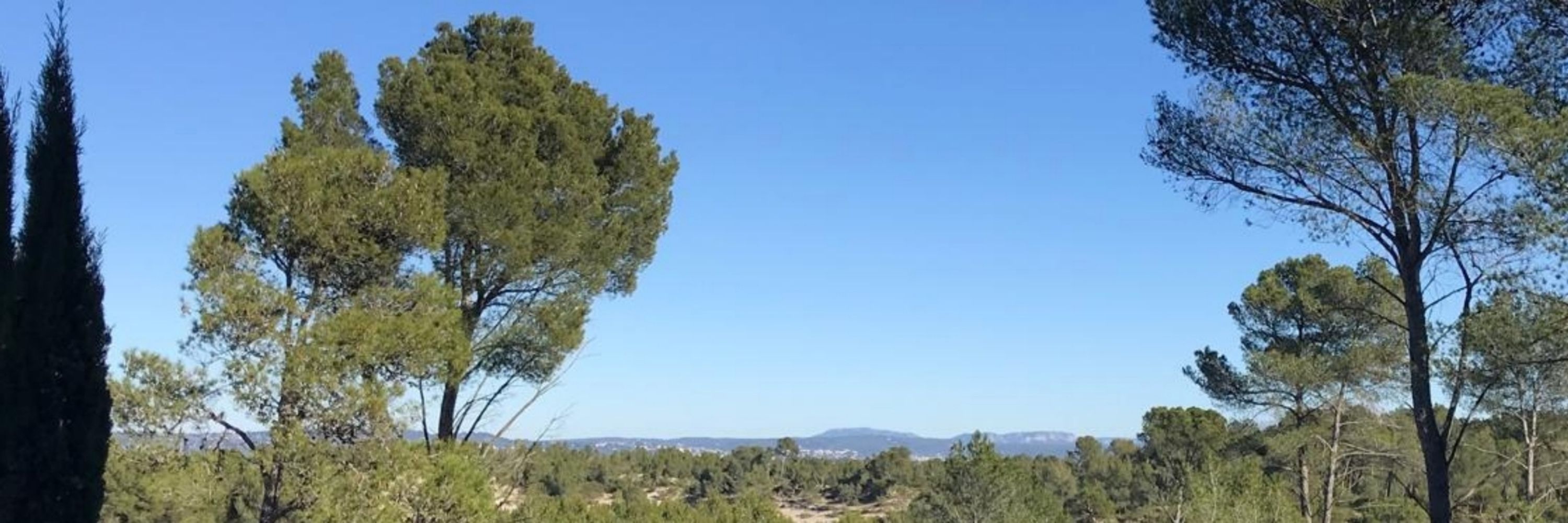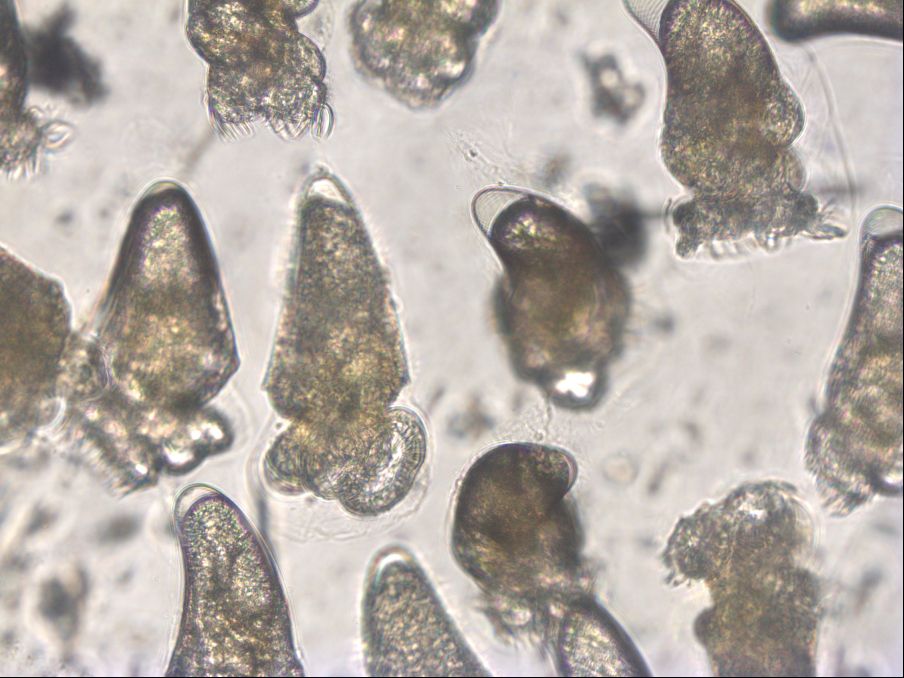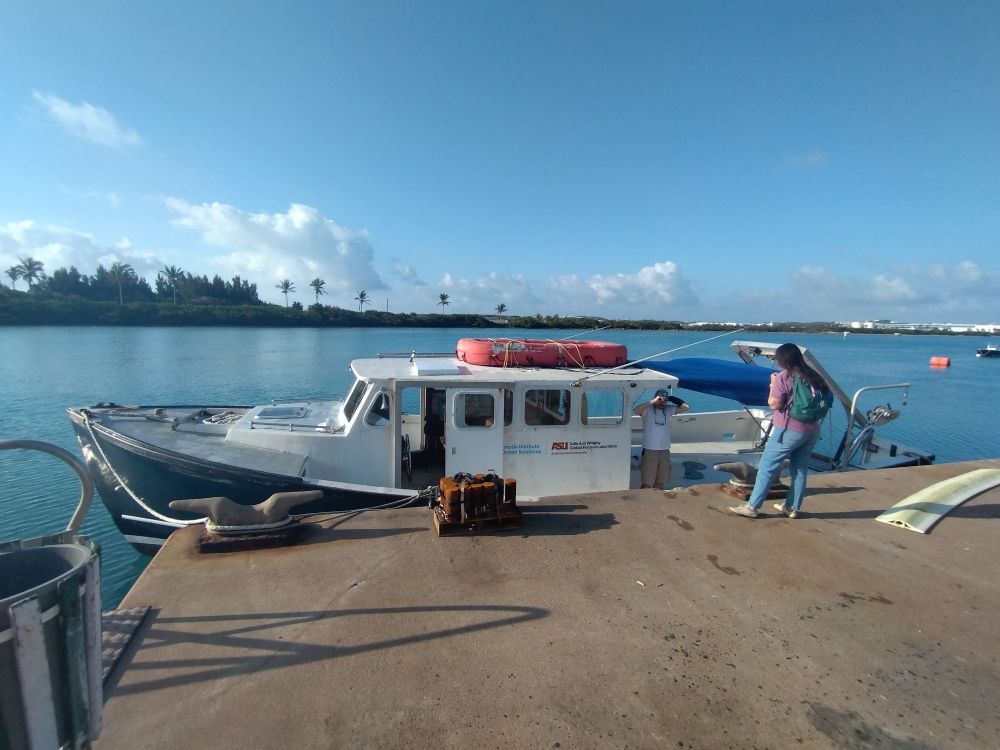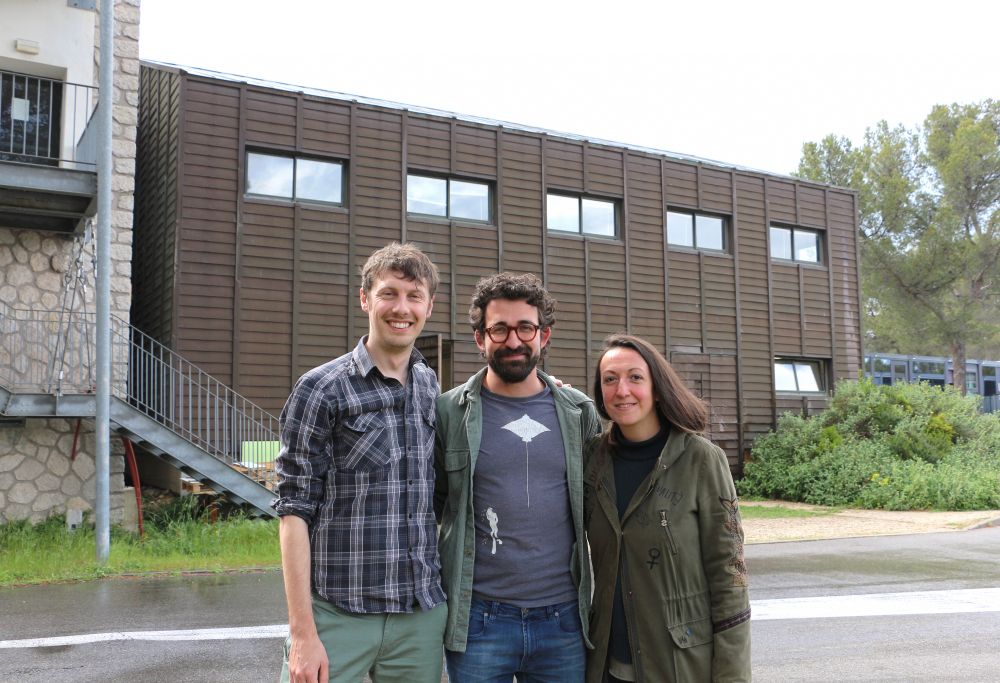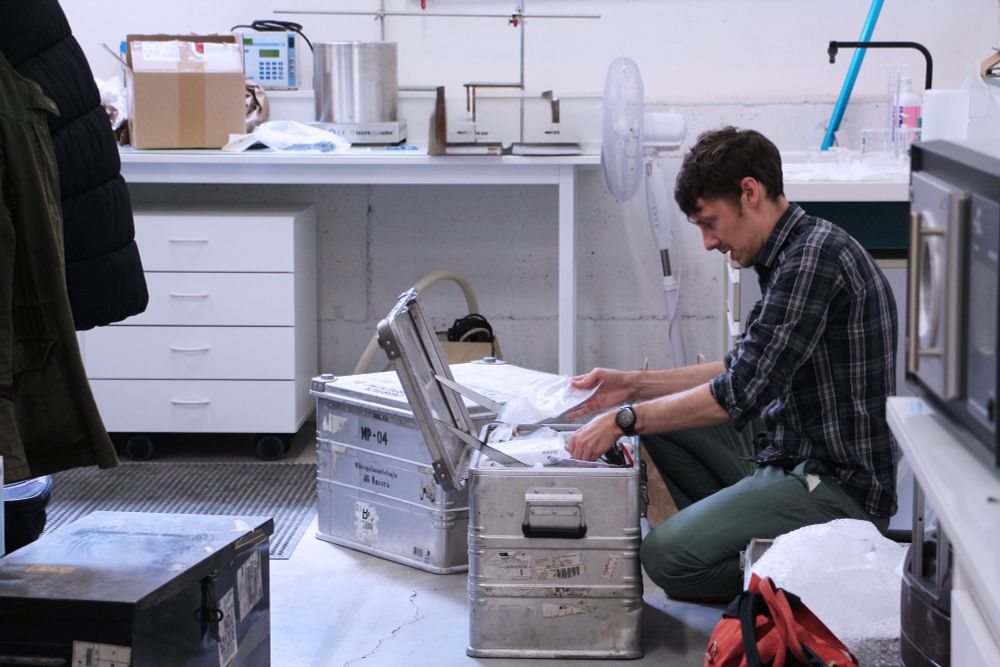exoCean Laboratory
Laboratory of experimental oceanography based at CEREGE 🦚, Aix-en-Provence 🇫🇷. We culture, measure, and dissolve carbonates!
🌡️🌊🫧🐚🪸🔬
@juliemeilland.bsky.social, @sulpis.bsky.social, @chalkyoceans.bsky.social
- Back in France, exoCean is still working hard... 🐚✨ A tiny miracle in the lab! For the first time in our team’s history, we’ve successfully harvested pteropod egg sacs and captured the moment of their eclosion on film.
-
View full thread🧫 Raising pteropods in vitro is still a big challenge, and very few labs around the world work on it. We’re thrilled by this success, but we also know it’s just the beginning. (Inspired by the recent video from @antarctic.bsky.social — incredible work!)
- 🔬We’d love to connect with others working on pteropods, marine plankton, or delicate pelagic organisms. Any advice on identification of early life stages, or tips for cultivation protocols, would be incredibly welcome. 📩 Let’s talk pteropods! Email us at: exocean@cerege.fr
- It’s a rare and delicate glimpse into the life cycle of these fascinating planktonic snails — often called “sea butterflies.” Led by Laura Khim, MSc student @univparissaclay.bsky.social currently working @cerege.bsky.social
- ExoCean is in #Bermuda! Or at least most of it is (sorry @sulpis.bsky.social). We're here looking for foraminifera to grow in the lab, and sediments to observe how they will react to ocean change.
- First things first, collecting forams (tiny single cellular protists who live as plankton) using a net. Like fishing but with a really small mesh size.
- We then collect the live plankton and try to keep them alive long enough to get to the lab. There we can look at how they respond to different conditions in a controlled setting. (And if you know @chalkyoceans.bsky.social, you know there will be boron involved).
- 🚨Hello world!🚨We'd like to introduce you to our new laboratory for "experimental ocean science", ExoCean (C is for carbon). We are three researchers teaming up to work on culturing, dissolving, & measuring marine samples. @juliemeilland.bsky.social, @sulpis.bsky.social & @chalkyoceans.bsky.social.
-
View full threadTom Chalk, an isotope geochemist (interested in the tiny variations in mass of chemical elements), specialising in boron, the 5th element. I am the Principal Investigator of the ERC project ForCry and CNRS researcher, interested in the natural history and unnatural future of Earth’s climate.
- Stay tuned for lots of updates from us, and thanks to @climatecerege.bsky.social, @cerege.bsky.social, @cnrs.fr and @erc.europa.eu for the support.
- Julie Meilland, marine biologist at the CNRS, studies planktonic foraminifera — focusing on their population dynamics, life cycle, reproduction, and ecological role in the carbon cycle. Her research explores their adaptive potential as model species in the modern and future oceans.
- Olivier Sulpis, marine biogeochemist at CNRS. In the ERC Deep-C project, I combine experiments under crushing pressure with mechanistic models to investigate the fate of calcium carbonate in the ocean, from the dissolution of shells in the deep to the role of sediments as long-term carbon sinks.
